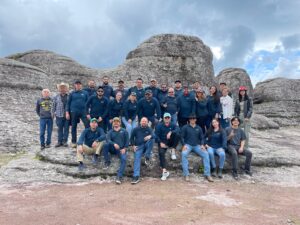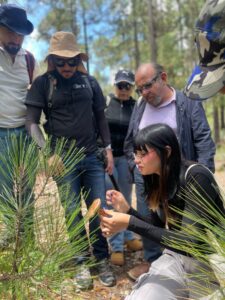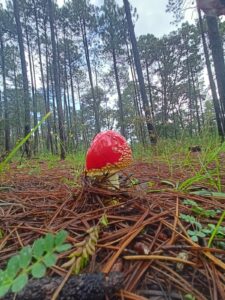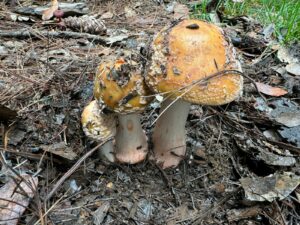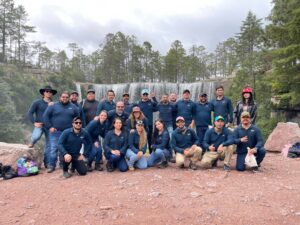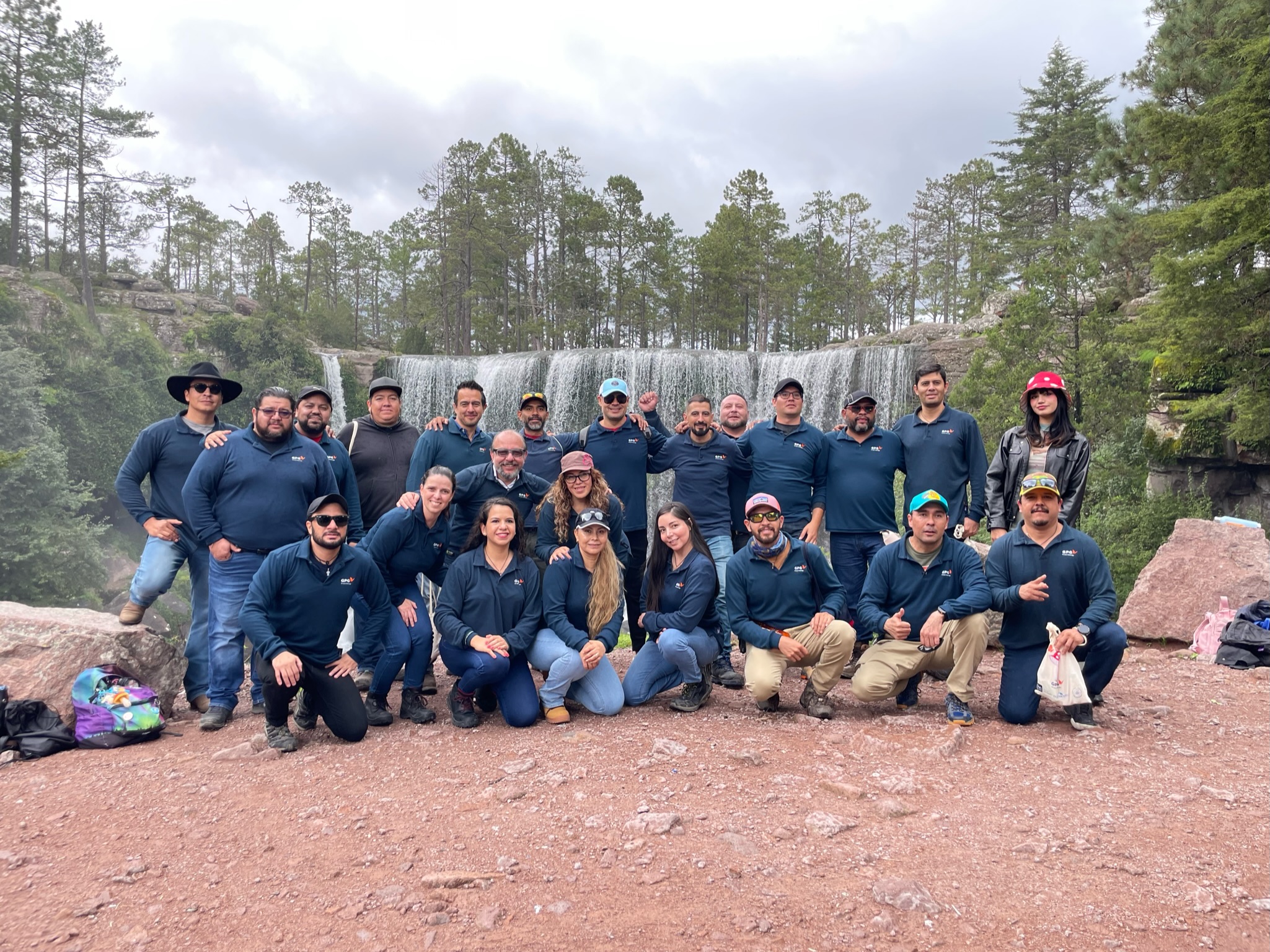Mexico is one of the 17 countries considered to be megadiverse, and because of the cultural legacy of many of the native peoples, we today know of more than 400 different species that can be used for human consumption, as medicine and food.
For several years, various groups of researchers, environmental educators, ecotourism agencies and communities have promoted the rainy season months as an ideal time for outdoor activities to learn about and appreciate the benefits of fungi in the forests—ecosystems that, with their unique temperature and humidity conditions, are ideal for the growth of a wide variety of species.
This year the comrades of the CCC Norte Durango carried out a journey in the forest known as“Mexiquillo”, in “La Ciudad” municipality of Pueblo Nuevo, an hour and a half from the city of Durango, to carry out teamwork in a natural space, promoting cultural, gastronomic and environmental awareness.
Mexiquillo was based on three approaches:
- A security contact aimed at change management; one of the focal points of the 2024 Safety, Health and Environment Week.
- Hiking through the forest to collect and identify edible mushrooms, and cleaning and collecting waste on the trails to promote healthy habits and care for the natural environment.
- Fostering improved interpersonal relationships through group activities centred around the collected mushrooms.
This day included a couple of talks led by expert mycologists, researchers from the University of Sinaloa: “The magic of mushrooms” and “The influence of mycorrhizae on forests” as well as a workshop titled “Live sustainably”.
With this activity, the North Durango Combined Cycle Power Plant also celebrated the 14th anniversary of its commissioning, promoting coexistence, health, cultural and gastronomic heritage and the care and knowledge of nature.
Some photos taken during Mexiquillo:
